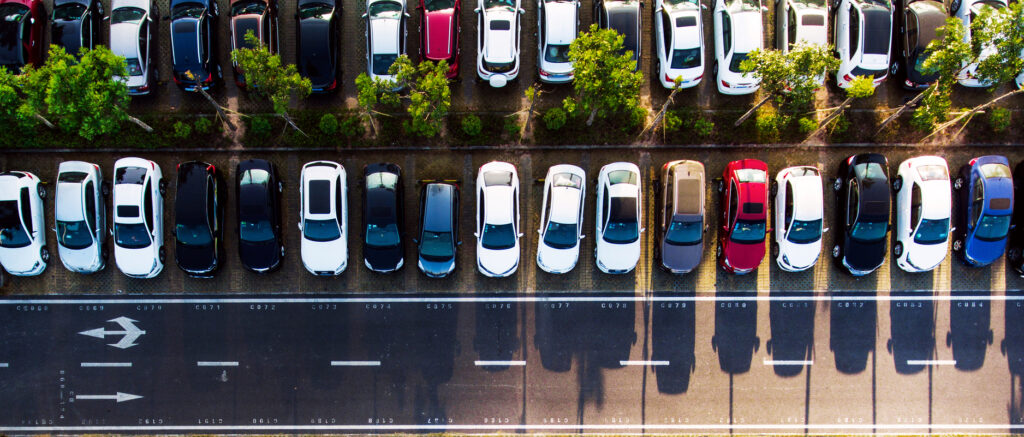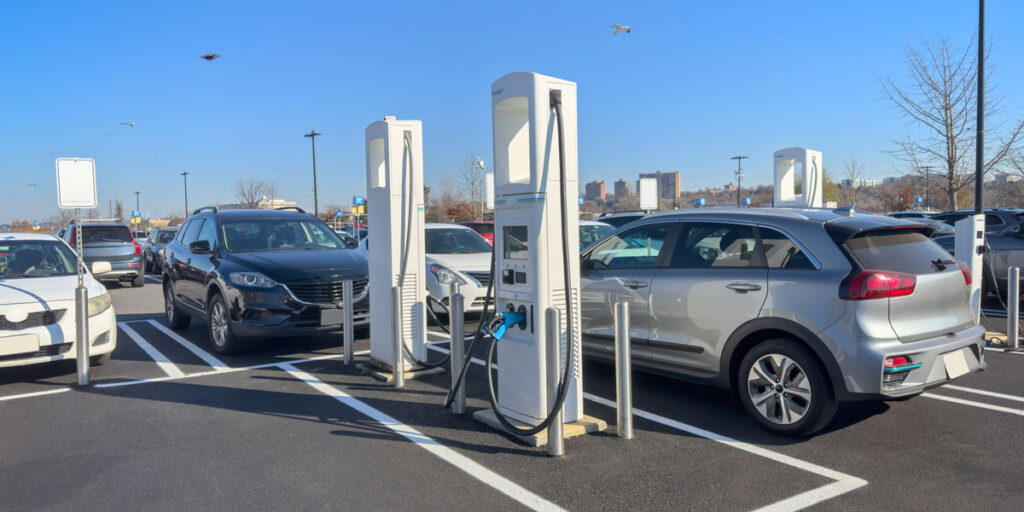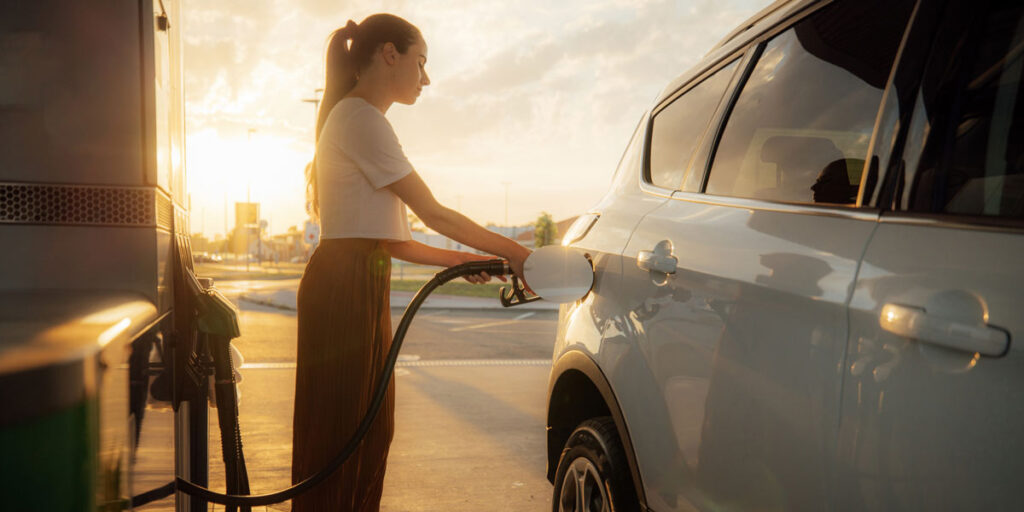Our top 5 most significant changes will be:
- Social-distancing must be maintained
- Sanitisation standards must be established and sustained
- The economic outlook will create confidence issues
- Customers will be seeking a higher level of reassurance
- The trend of online buying will accelerate
It is the last point on which we want to focus in this article. There can be little question, the retailing sector, including new and used car sales, has changed. To quote Marks & Spencer’s Chief Executive Officer Steve Rowe in a press coverage a few days ago; customers “may never shop the same way again†after the coronavirus pandemic.
During the lockdown period, the shift to online shopping has been significant. ONS data published on May 22nd makes this clear;
- Ecommerce spending as a proportion of all retail sales reached a record high for the second month running in the UK in April, at 30.7%, as locked-down Brits shift their spend online.
While recognising that much of this online growth has arisen out of necessity because of the lockdown; the reality is that the lockdown has just accelerated a trend that was already well established.
Having switched to online and with continuing concern over social contact, many consumers will keep buying online. The likelihood that used car buyers will increasingly opt for an online or click & collect purchase appears inevitable. Dealers must make the move to embrace e-commerce and adapt.
Three Priorities to Adapt to Distance Selling/Click & Collect
1. Commit to Develop an Online Retailing Option
Distance-selling and click & collect are not the same as traditional PoS. There are a broad range of differences and it is essential that these are given due consideration. The regulatory implications will inevitably come quickly to mind, but there are a host of other factors to be considered: distribution of the car, part-exchange management, communicating effectively with buyers, online finance, dealer online capabilities and the creation of showroom experience digitally all need consideration.
Dealers do not have to embrace distance-selling, but with so many people moving online, not doing so is a potential risk.
2. Promotion/Customer Experience & Reassurance
COVID-19 and its impact have seen consumer confidence nose-dive. Buyers will want reassurance and in an online world, dealers must work to deliver this digitally. Dealer websites, social media platforms and reviews all need to be harnessed to bring the dealers’ culture, ethos, history, customer care and people to life and to create confidence. This content will require regular updating to keep it current and credible.
A dealers’ personality is a potential differentiator that can add value – invest in it!
3. Regulation (Disclaimer: The following does not constitute legal advice)
There are many regulatory requirements dealers must comply with in order to carry outdistance selling/click & collect. Please note, the following is not intended as a legal guide.
To get ready, source legal advice and ensure processes, terms & conditions and contracts etc. are built and maintained correctly. Four areas of regulation you should be aware of are:
- The Consumer Contracts Regulations 2013 (this piece of legislation replaced the Distance Selling Regulations)
- E-Commerce Regulations
- Consumer Rights Act
- Consumer Credit Act
To provide a flavour of the steps, the following is an extract of the Consumer Contract Regulation requirements outlined on Gov.UK ‘Online and distance selling’:
Before an order is placed, you must provide:
- your business name, contact details and address
- a description of your goods or services
- the price, including all taxes
- how a customer can pay
- delivery arrangements, costs and how long goods will take to arrive
- conditions for ending contracts
- how they can cancel and when they lose the right to cancel
- if they will still need to pay reasonable costs for using a service after they cancel
- a standard cancellation form, if they can cancel
- conditions for money given as a deposit or financial guarantees
This information must be easy to understand and on paper, in an email or another format the customer can save for future reference.
In terms of the right to cancel, you must tell the customer they can cancel their order up to 14 days after their order is delivered. They don’t need to give a reason for cancelling.
If you don’t tell the customer about their right to cancel, they can cancel at any time in the next 12 months. If you tell them about the right to cancel during these 12 months, they have 14 days to cancel from when you told them.
Source: https://www.gov.uk/online-and-distance-selling-for-businesses
Under a regulated HP/PCP agreement, customers cannot cancel their car purchase, but under the Consumer Credit Act, they can withdraw from the agreement in the first 14 days.
The Way Forward
Having provided a flavour of some of the steps required to move towards embracing distance-selling, it is important that we conclude by highlighting the first priority:
- Commit to Develop an Online Retailing Option
The events of recent weeks have highlighted the importance of digital capabilities. People who have never bought anything online have now done just that. As a business that has been in and around motor retailing for over thirty years, we recognise the passion and belief that people buy from people and that many people want to see and touch the car and speak with the person selling it. For many car buyers, this will remain true. Nevertheless, many of these people will have started their car buying journey online and a growing number will want to conclude their purchase entirely digitally.
The challenge for dealers is to bring the PoS experience to life digitally and it can be done.
Sources:










